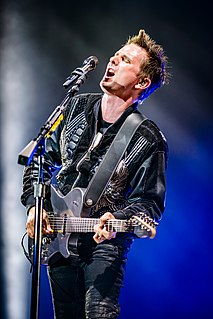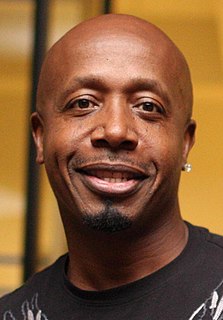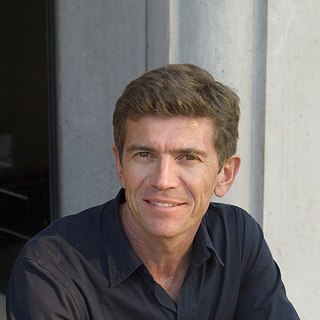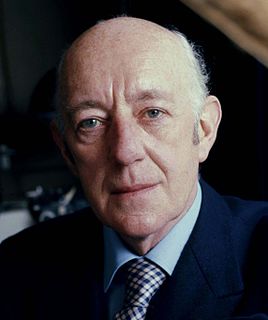A Quote by Frank Sinatra, Jr.
I've never heard of any one single artist being the subject in an ongoing series of radio programs for decades. Bearing this in mind, that's the kind of thing Frank Sinatra brings out in his audience, his followers. It's personally satisfying to me because his music by and large was the greatest quality of lyrics, melody, orchestration and, of course, his magnificent approach to telling a story.
Related Quotes
There is a man up in Philadelphia, I've known him for 50 years now, his name is Sid Mark. He does a radio program featuring Frank Sinatra music exclusively - one show for decades, "Friday with Frank," "Saturday with Sinatra," "Sunday with Sinatra," for decades. This is something that is really quite important.
When I came on board, it was halfway through his [Frank Sinatra] 72nd year, and when he did his last show he was gaining on 80. He knew it, the audience knew it, and there was never any attempt to conceal such a thing. His vision wasn't what it had once been. His hearing wasn't. His memory was fading. He knew these things. He was very much in need of help, and I was so happy to be able, in a small way, to render that help.
By the end of Pop's life I wanted to give something back and when I came on board as his musical director he needed me. I wasn't the greatest conductor of the orchestra, but I was hired to conduct Frank Sinatra. He was slowing down, his memory wasn't what it had been. But his audience never stopped loving him. He had teleprompters.
Clearly the hardest thing for the working artist is to create his own conception and follow it, unafraid of the strictures it imposes, however rigid these may be... I see it as the clearest evidence of genius when an artist follows his conception, his idea, his principle, so unswervingly that he has this truth of his constantly in his control, never letting go of it even for the sake of his own enjoyment of his work.
Quality doesn't mean deep blacks and whatever tonal range. That's not quality, that's a kind of quality. The pictures of Robert Frank might strike someone as being sloppy-the tone range isn't right and things like that-but they're far superior to the pictures of Ansel Adams with regard to quality, because the quality of Ansel Adams, if I may say so, is essentially the quality of a postcard. But the quality of Robert Frank is a quality that has something to do with what he's doing, what his mind is. It's not balancing out the sky to the sand and so forth. It's got to do with intention.
I approach song writing three different ways. One way is where I write the initial melody and lyrics first and then take it in to the producer to collaborate. Another way is where the producer sends me his initial musical track ideas and then I write the lyrics and melody over his track. The third way is where we just jam out in the studio and see what we come up with.
The number one thing I've heard Trump supporters say - number one thing - 'I love him because he says what's on his mind. He just says what's on his mind.' He just says what's on his mind. You go, 'What are your thoughts on his policies?' 'I don't know about his policies. He just says what's on his mind.'
Yeats regarded his work as the close of an epoch, and the least of his later lyrics brings the sense of a great occasion. English critics have tried to claim him for their tradition, but, heard closely, his later music has that tremulous lyrical undertone which can be found in the Anglo-Irish eloquence of the eighteenth century.
In common with other artists the photographer wants his finished print to convey to others his own response to his subject. In the fulfillment of this aim, his greatest asset is the directness of the process he employs. But this advantage can only be retained if he simplifies his equipment and technic to the minimum necessary, and keeps his approach from from all formula, art-dogma, rules and taboos. Only then can he be free to put his photographic sight to use in discovering and revealing the nature of the world he lives in.
Chance the Rapper: if you listen to his narrative and the subject matter he covers in his music, you can see that he's strong, courageous and shows vulnerability. He asks some very poignant questions in his music and is still very melodic. The harmony and the melody of the music allows you to also come in closer.
I am graven on the palms of His hands. I am never out of His mind. All my knowledge of Him depends on His sustained initiative in knowing me. I know Him, because He first knew me, and continues to know me. He knows me as a friend, One who loves me; and there is no moment when His eye is off me, or His attention distracted for me, and no moment, therefore, when His care falters.
































